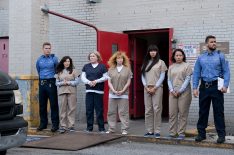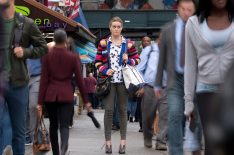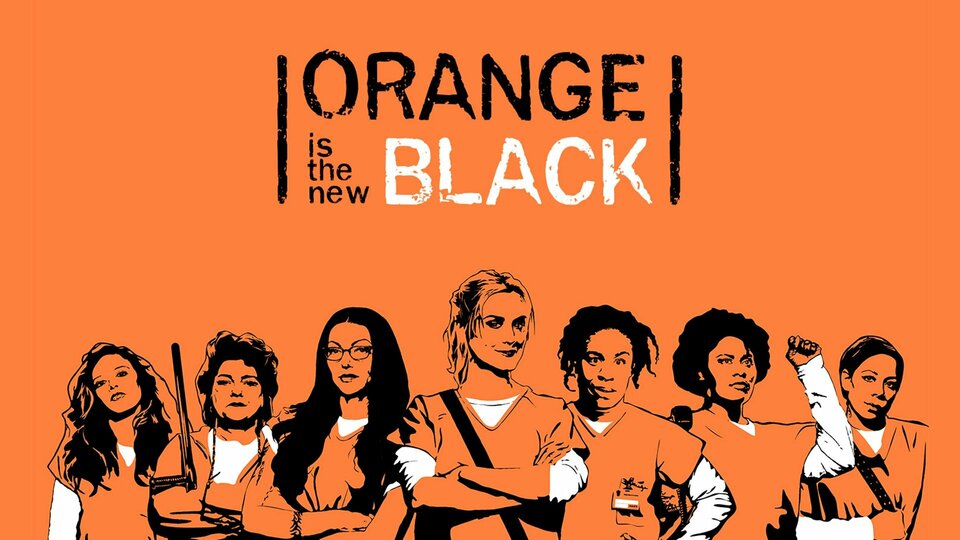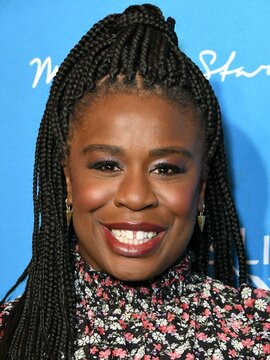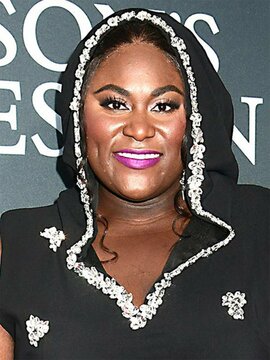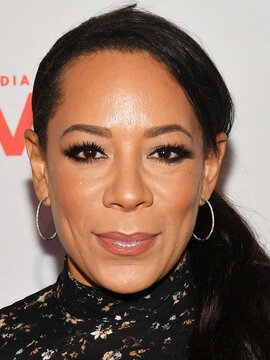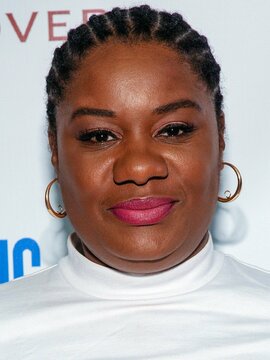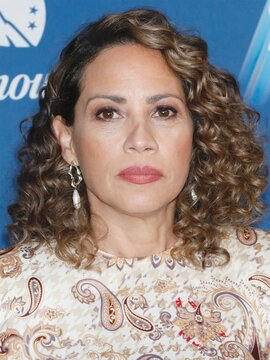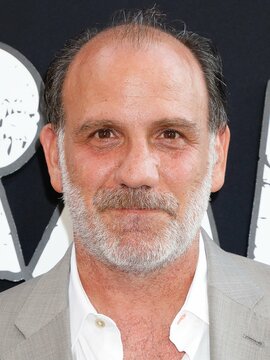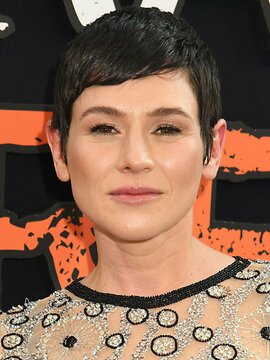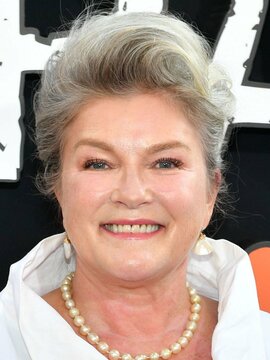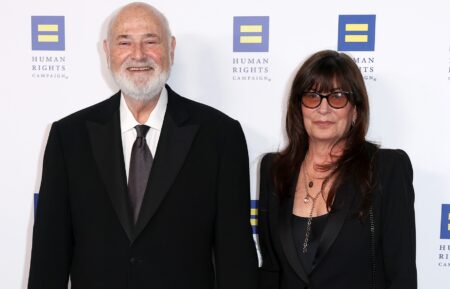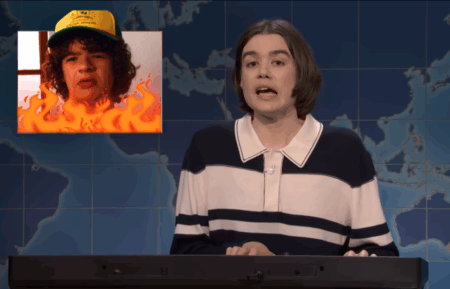‘Orange Is the New Black’ Star Laura Goméz on Blanca’s Immigration Storyline
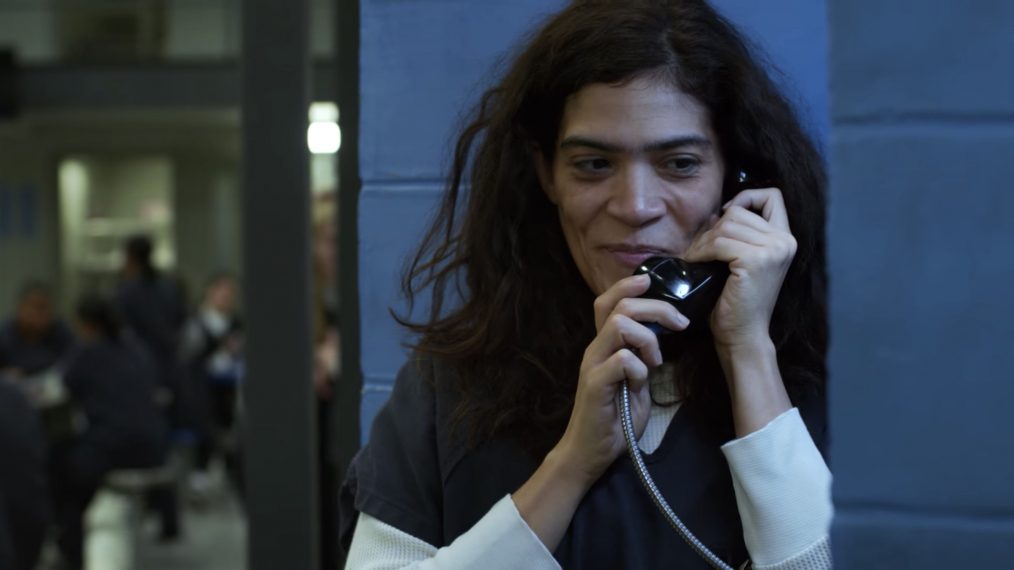
Q&A
[Warning: The following interview contains spoilers for Orange Is the New Black Season 7.]
Blanca Flores (Laura Goméz) was supposed to have her happy ending, but then ICE came in.
The fan-favorite inmate of Netflix’s hit Orange Is the New Black see her world come crashing down in the Season 6 finale, when she was promised an early release from prison and was instead detained for illegal immigration.
With Season 7 now streaming — the series’ final installment — Goméz is reflecting on her time as Blanca, what her character’s storyline has meant to her, and how immigration is being talked about on TV today.
Over the course of six seasons, we see Blanca go from a minor character to a full-fledged main cast member. How did it feel getting to develop Blanca into her own person? Were you able to add to Blanca’s background?
Laura Gómez: There are no small roles — that’s what this character taught me, basically. This character was kind of like a caricature, almost comic relief at the beginning [and] not quite full-fleshed. To evolve to a point where there is almost a symbol of resistance and fighting for justice — like we start seeing in Season 4 when she challenges the guards and pretty much abuses an authority — it just taught me so much about the idea of just never judge a book by its cover.
It was, I will say, a surprise for me; it’s not something that I had any absolute control or input on. This was solely the writers and Jenji [Kohan]’s idea. They saw something in the character worth exploring, and it was a gift. All the characters in the universe of Orange are so fascinating. I don’t think this has anything to do with this character being more special than anybody else. It had a little bit to do with the journey of the show itself and the fact that, at this point, things are the way they are in the country and we’re dealing with this insane, kind of surreal, situation with immigration. And it was such a gift as an actor and as a human being to be able to use my tools and be able to be a part of the storytelling of that reality.
Last season, Blanca was told she would be getting an early release from prison and instead was detained by ICE. Did you do any research or use any experience for that storyline? Were you surprised the writers went there?
I was very surprised. I was surprised on Season 6. Season 7 is the first time some of us actually had some idea of where our characters were heading. [The writers] had a conversation with me at the beginning of the season to discuss the arc and ask some questions about the realities of one country versus another, like Honduras in the case of [Blanca’s boyfriend] Diablo, and Blanca’s country — which is my country — the Dominican Republic. And so I gave them some info of what I knew was historical.
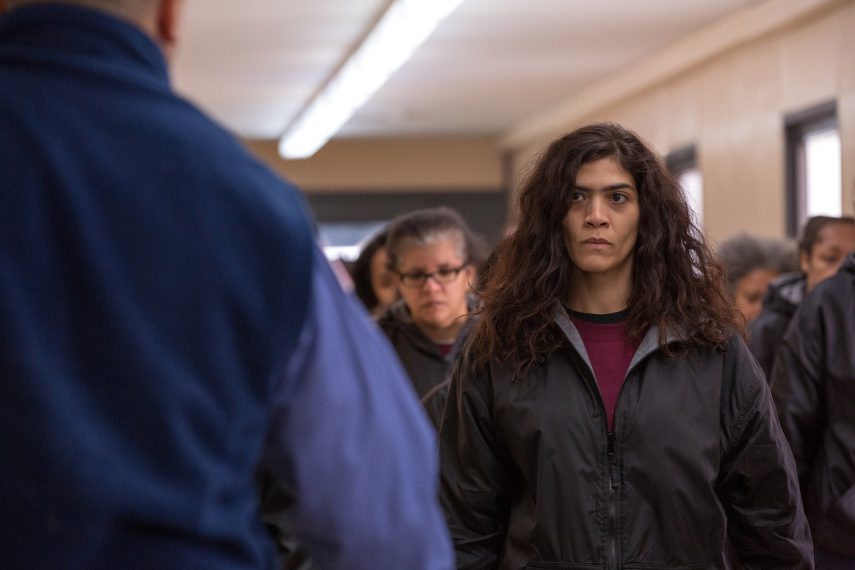
Netflix
The research came more from reality happening as we speak. We’re talking about what’s going on currently, and it’s in our news, so there’s the energy of that happening, there’s realities of people who I know who are going through a lot of anxiety themselves, people I know personally who are connected to immigration. So I know some stories that definitely fed my creative spirit in terms of creating the story. And then there’s the information that the writers have themselves, because some of them visited detention centers, I believe. And it was very palpable on the page already, so there’s a combination of elements that you use as an actor, and then there’s the gift of the beautiful writing that we had.
How important was it for you to portray Blanca’s situation authentically, knowing how relevant it is to today’s climate?
I didn’t expect it to go in this direction, but I was so grateful that they did, that they took what’s happening with urgency, and I think you can see it in Season 7. There’s a sense of relevance and urgency that I don’t know exists in other seasons with this intensity. And it was definitely important to me, not only because I’m an immigrant myself — even though I have different circumstances [and] I was lucky enough, I’ll say, to have been born here because my parents lived in the country at the time — so I’ve never really gone through [what Blanca is going through].
But that doesn’t mean that I’m disconnected from the emotions that come from being an immigrant. I’ve been here in New York for 20 years, which is half my life, so I have half my life in the Dominican Republic and half my life here. I feel very connected to the concept that you can belong to two places and they’re a part of your life. I can only imagine the uncertainty and the pain that we’re going through as a nation when it comes to immigration right now, so it was very important for me, and it felt really relevant to be a part of the storyline.
The show’s timeline has jumped a bit to catch up to real time. What was it like portraying Blanca’s story in the current lens? How did it compare to the past Blanca?
Again, there was a sense of urgency that I didn’t feel before. Before, it was like recreating something that I felt connected to but from a different perspective. This felt as if I could feel the pain in my heart. The idea of Blanca going through what she’s going through and all the uncertainty involved in it and the revelations that are being given about detention centers was mirroring what’s happening right now; [it] felt almost fate, in a positive story-telling way.
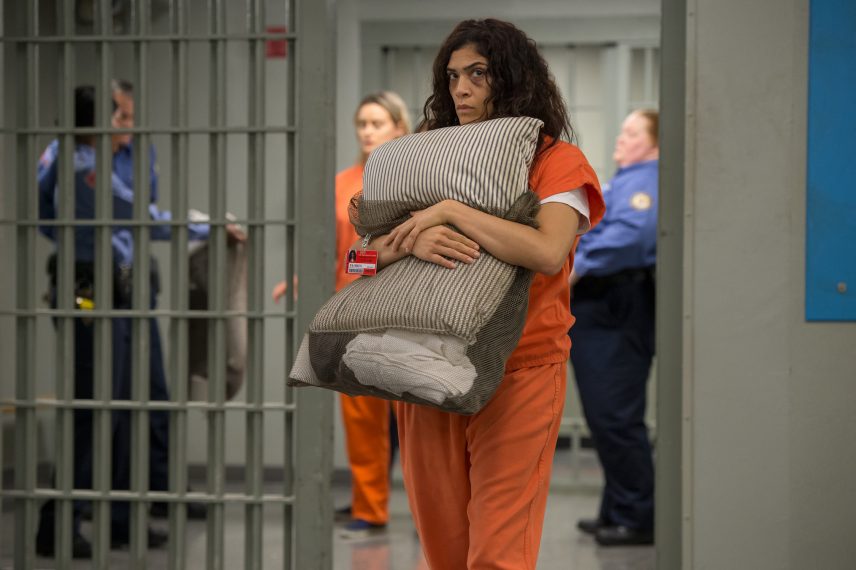
Netflix
As a character, Blanca came into her own throughout her time at Litchfield and in Max. How do you think she’ll be in this new environment in the detention centers?
Terrifying. It’s terrifying. Based on the ending of Season 6, I can tell you, it was like a set-up. You are not even being treated like a human being. Information is being taken from you, things are not transparent, and there’s almost human rights abuse, to a degree. And that ending of ICE capturing her and this group of immigrants, and we see the division of these two lines going in different directions — Piper going into freedom and Blanca being set up into another type of prison after being told she’s going to be released — the level of pain that anybody would feel in those circumstances cannot be imaginable. And then in Season 7 we discover so much that makes it even harder for both Blanca and for the audience to tolerate what’s happening.
Was there a part of Blanca’s character you felt the show hadn’t yet explored that you got the chance to in Season 7?
I think we get to see her in her most vulnerable and in her most human. I think I’ve never expected to see Blanca almost broken. And I appreciated that so much because I feel like this is a character that has been portrayed as so strong at all times and resilient — she stood on a table for days, she peed on herself, she’s been in solitary confinement — she’s been through everything. She’s been separated from the love of her life, and now this season is like, ‘OK, how much more can a human being take of this painful journey?’ And so Season 7 exposes her as a very, very sensitive human being and I appreciated that very much.
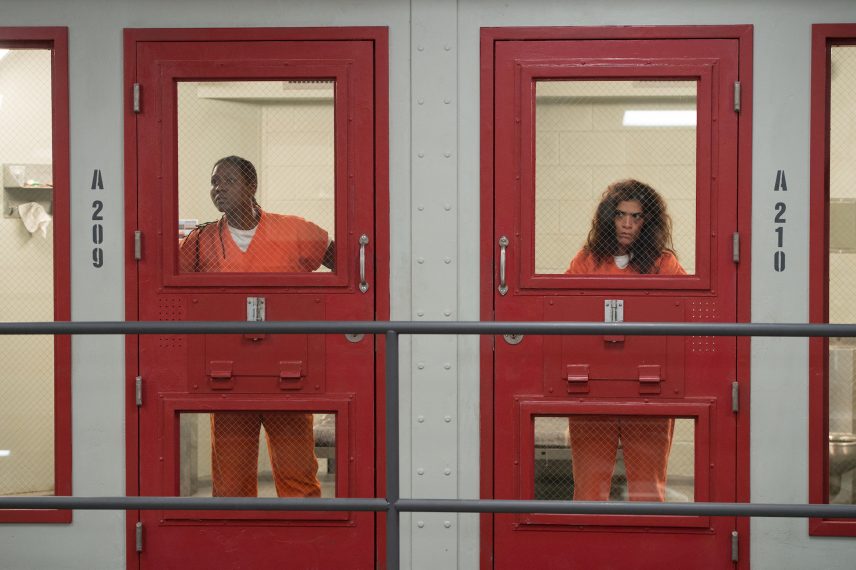
Netflix
We also see Blanca try to have a child with her boyfriend, Diablo. With the way things ended in Season 6, is there still hope there?
There is hope on the horizon. Not everybody gets a light at the end of the tunnel, but I’m glad to say that Blanca does find it. And it’s not in a conventional way by any means. It’s almost cruel, but considering everything that she goes through throughout these seven seasons, I think that it gives a sense of hope for Blanca and Diablo for sure.
Since this is Orange Is the New Black’s final season, were you happy with the way Blanca’s story was resolved?
I felt so amazingly grateful. I wasn’t sure what they were going to decide in terms of the ending — we discussed possibilities, but I knew from Season 6 that this character’s journey and her arc had affected people deeply. I got a lot of messages, and even a hashtag was created called #FreeBlanca, which I thought was funny but also touching.
Precisely because of the responses that I’ve received from Season 6, it inspired me to create the series that I’ve started on my Instagram about immigration. It’s kind of my own artistic way to resist the narrative and demonization of immigrants. It’s just basically a positive way of telling someone’s story and presenting a profile that represents the positive impact [of immigrants] in American society, so it’s more humanizing immigrants rather than demonizing. And that’s something that I started from this, inspired by Blanca’s journey.
Do you think the door was left open for any future stories to tell?
Gosh, you know what, I have no idea! I don’t know how those things happen; I’ve heard rumors about spinoffs and I’m like ‘How?’ I would be surprised, but that doesn’t mean that it’s not possible. A talented writer — and we have many of those in our show, not to mention our creator — has many possibilities. Things can happen. Who knows?
Orange Is the New Black, Seasons 1-7, Streaming Now, Netflix

